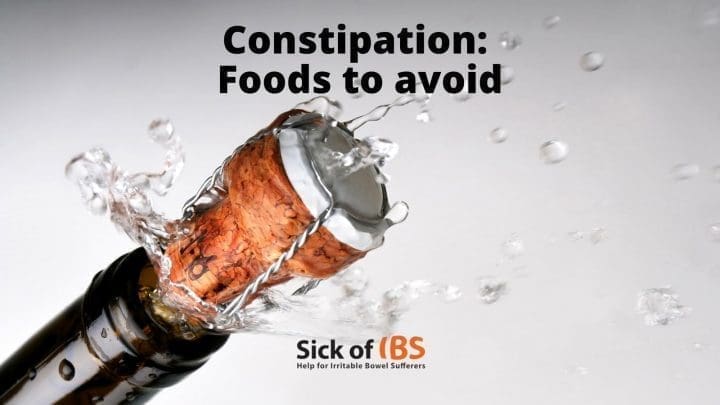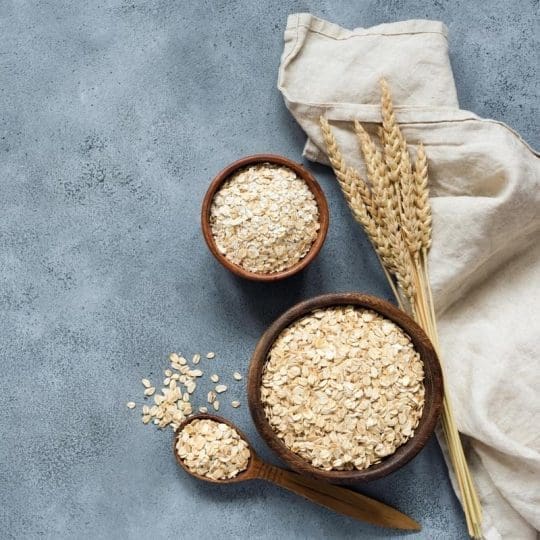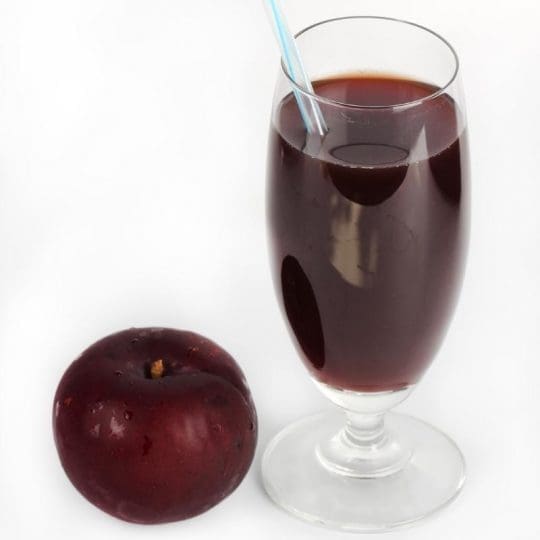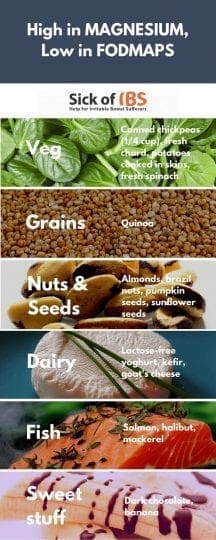
While I don’t believe that IBS with constipation is all about food, there are some foods to avoid to get some short-term improvement. As well as foods to include. And let’s face it, ANY improvement is worth having!
IBS with constipation: Foods to avoid
The most often cited foods to avoid if you suffer from constipation are heavy, fatty foods. These typically take longer to digest, so it is best to avoid them if you are already suffering from slow transit.
Other foods to avoid are processed foods that tend to be poor in nutrients and contain little insoluble fibre.
So the basic advice is to eat a variety of foods and adopt a diet that is as nutritious as possible.
I would add that every person is different, so it would be wise to experiment for yourself and not just consume foods that are “healthy” but that you have difficulty digesting.
Tried adding fibre, but you felt awful?
It is common advice to add fibre to your diet if you suffer from constipation.

However if you suffer from IBS, adding high-fibre foods may make you feel much WORSE.
Why? Because many sources of fibre are also high Fodmap.
FODMAP stands for: Fermentable Oligo-Di-Monosaccharides And Polyols.
They are essentially short chains of sugars that ferment in your gut, typically creating a build up of gas.
Foods like bran are high-Fodmap, so you may well have difficulty digesting them for this reason.
Try consuming more foods containing INSOLUBLE FIBRE that are ALSO low Fodmap.
Check out this list instead and try a few.
Tried adding prune juice, but you felt worse?

Prune juice is often advised for constipation – and it can be very effective.
However, if you have problems digesting it then you could feel worse.
Why?
Because prune juice contains a high level of sorbitol and fructans (sugars) which are considered to be high in FODMAPS.
IBS with constipation: Foods to include
As well as avoiding certain foods (including any you can’t digest well) here are some foods that can be beneficial to include:
When you are stressed, did you know that magnesium is lost from the body into your urine?

According to the NIH office of dietary supplements, “magnesium is a cofactor in more than 300 enzyme systems that regulate diverse biochemical reactions in the body. These include protein synthesis, muscle and nerve function, blood glucose control, and blood pressure regulation”.
Muscles and nerves are mobilised to push food through the digestive tract correctly.
You could find yourself with the symptoms of low magnesium levels. These can include feeling tired, irritable, negative and above all constipated.
One option is to take a magnesium supplement (ask your doctor or chemist for advice on dosage).
Or you can begin to improve your magnesium levels by increasing the amounts you include in your diet. (Or reduce the amount of stress you are feeling).
I have compiled this list of foods that are generally well tolerated by IBS sufferers to get you started.
Prefer organic, fresh products without preservatives where possible.
Here is more detailed information on serving sizes and levels of magnesium content.
What if you could stop IBS with constipation being the bane of your life?
If you regularly (or even constantly) suffer from IBS with constipation, this could be of interest to you.
If you are willing to find the root causes behind your constipation, it could become a thing of the past.
I have done this myself, and help my clients do the same.
No more worrying about what foods to avoid, or discomfort – then suddenly having to go at the most inconvenient time.
Now THAT’S freedom!
1